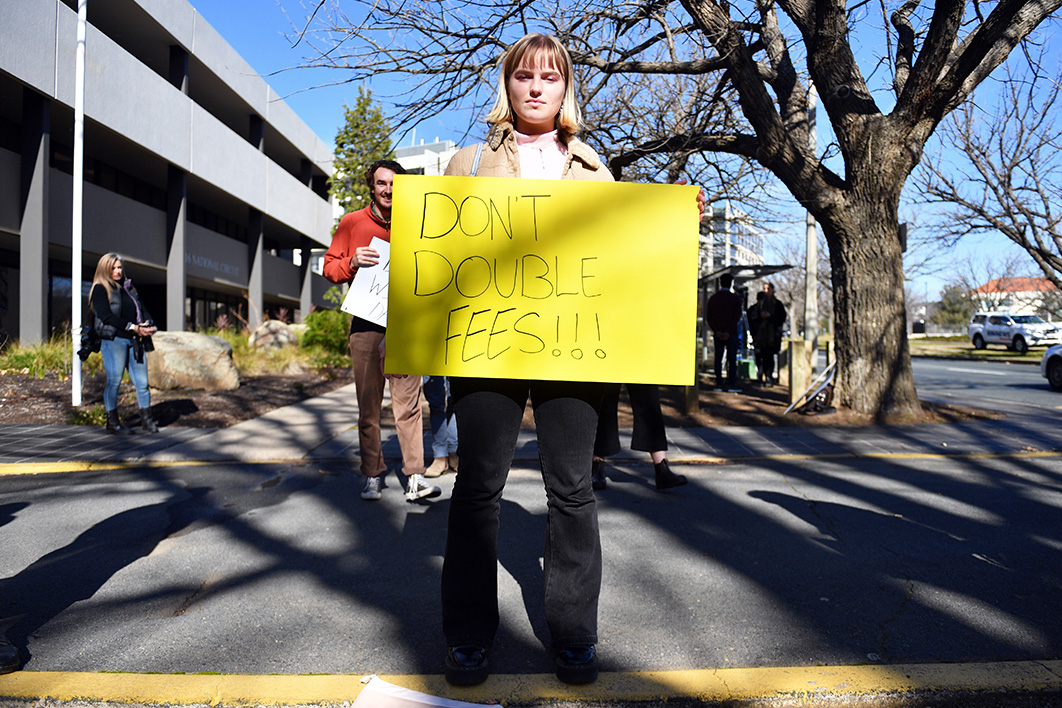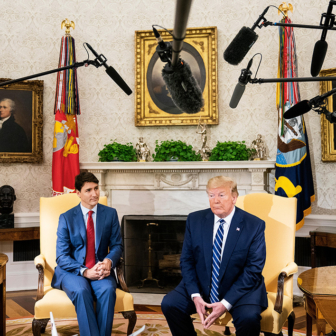The federal government announced last week that it would be changing the fees charged for different degrees at Australia’s universities. Some degrees will be made cheaper and others more expensive. Which ones? Well, that’s based on the government’s best guess as to which industries will need more workers in the future.
Economics — ironically one of the disciplines that will be made more expensive by these changes — would suggest this is unwise. Australian governments have a long and unusually proud history of being terrible at picking winners. The changes to university fees are just the latest example.
As we teach our first-year students in economics, if an industry has a shortage of skilled workers, the businesses in that industry will compete vigorously with one another to attract that limited supply of workers by offering higher wages and better working conditions. Those wages and working conditions then attract more people to enter that industry, thus dealing with the shortage.
If this process isn’t happening — and there is evidence that this is the case — then one of the assumptions underpinning this model is false. Institutional constraints could be preventing wages from rising. The firms in that industry may have market power and be suppressing wages. Or perhaps information is asymmetric: future workers (today’s students) may not be receiving the career advice they need to identify the industries that have the highest salaries and the most opportunities.
Getting to the core of why the market is not solving the problem, and better designing our markets so that they do solve the problem, is the most effective approach. Having the government guess which industries will need workers in the future and changing government subsidies to deliver that outcome is not helpful, particularly given that HECS defers the cost of degrees into the never-never for people who, given their tender age, aren’t thinking that far ahead anyway.
The university fee changes are just the latest example of how successive Australian governments prefer their own guesswork over the working of the market. History shows that this delivers worse outcomes for Australians, particularly when politicians and their ideological and industrial preferences start shaping outcomes.
In the post-Covid-19 recovery, the government is considering picking which industries are to be declared “essential industries” and thus deserving of government subsidies and protection from competition. It remains to be seen which industries, if any, it will deem to be “non-essential industries.”
On climate change, successive governments have revealed a strong preference for using taxpayers’ dollars to clean up the mess left by big polluters rather than using a price on carbon to get big polluters to reduce their pollution in the first place by having the market achieve least-cost abatement.
On energy, the government is considering using taxpayers’ dollars to build a coal-fired power plant instead of setting a predictable and credible energy policy that allows the market to decide the cheapest and most efficient form of energy generation.
On trade, normally it is businesses and households that determine how much trade we have and with which countries we have it. But the government seems set on imposing restrictions so that Australia doesn’t have “too much” trade with any one country, where what constitutes “too much” will be, again, determined by bureaucrats.
On investment, the government’s new foreign investment regime adds more unpredictability and arbitrariness to a system that already had too much of both. Not only does treasurer Josh Frydenberg have the power to decide which investments are “okay” and which are not — and without giving detailed reasons for doing so — but he can also now withdraw approvals that were previously given.
Perhaps the preference for picking winners is tapping into the public’s mood. Many have lost trust in markets out of a belief, often true, that they are not delivering the outcomes society wants. But this doesn’t mean markets do not work. It just means that we are terrible at designing our markets properly.
When my brother and I were kids, we decided to build a cubbyhouse while on holidays in the Grampians National Park. We used flimsy ropes to hold up a floor made of brittle sticks. It didn’t end well. Does this mean that cubbyhouses don’t work? Of course not. The problem isn’t the concept of cubby houses, the problem is that my brother and I were terrible at designing them.
The same is true for markets. If markets are not delivering the outcomes society wants, it doesn’t mean that the concept of markets is flawed, it means that we are awful at designing markets and should strive to do better. The reason firms pollute too much is that we’ve made it free for them to do so — hardly a surprising outcome. Making pollution free is a very unusual decision given the costs of pollution for our health and wellbeing. But, nevertheless, that’s the choice Australians have made through our elected officials.
The outcomes markets deliver are shaped by the rules we develop to govern those markets. Indeed, markets can’t function without rules. Take away property rights and information from buyers and sellers, for example, and markets quickly fail.
Australians need to get smarter about how we design our markets. If markets are not delivering the outcomes we want, the solution is not to abandon them. Government guesswork has not provided good outcomes thus far. There’s no reason to think it will do any better in the future. •




